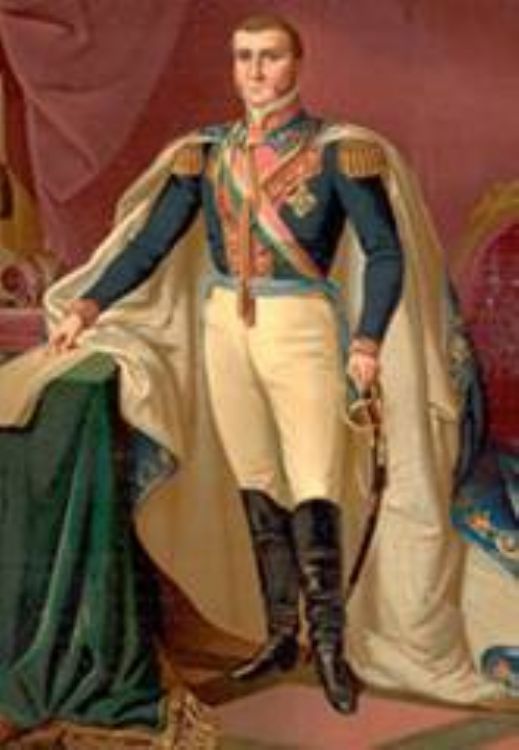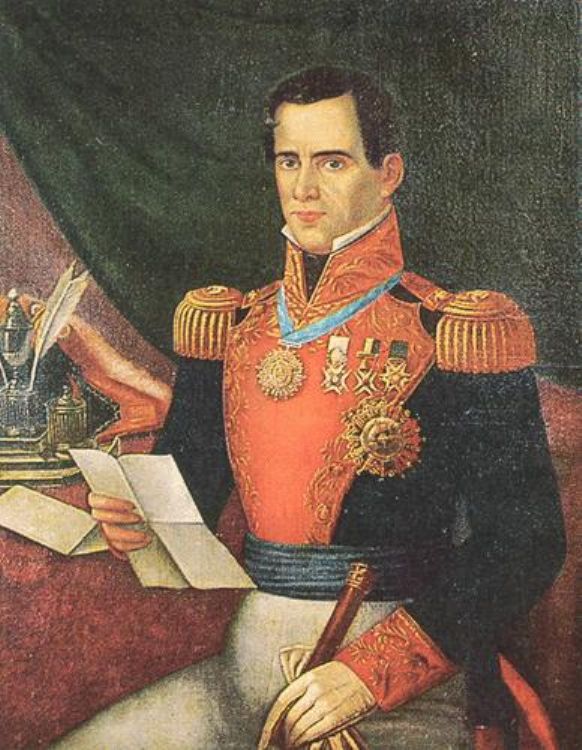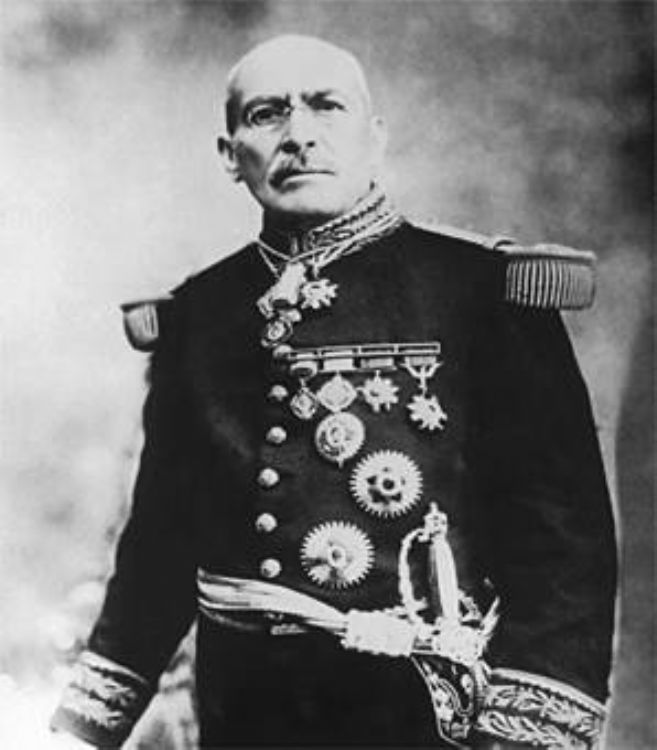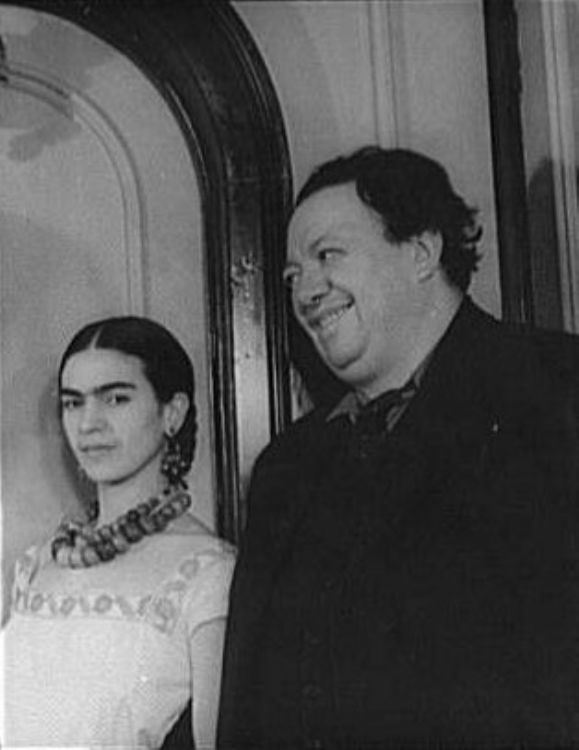Mexican Writers, Castellanos, Aridjis and Ibarguengoitia
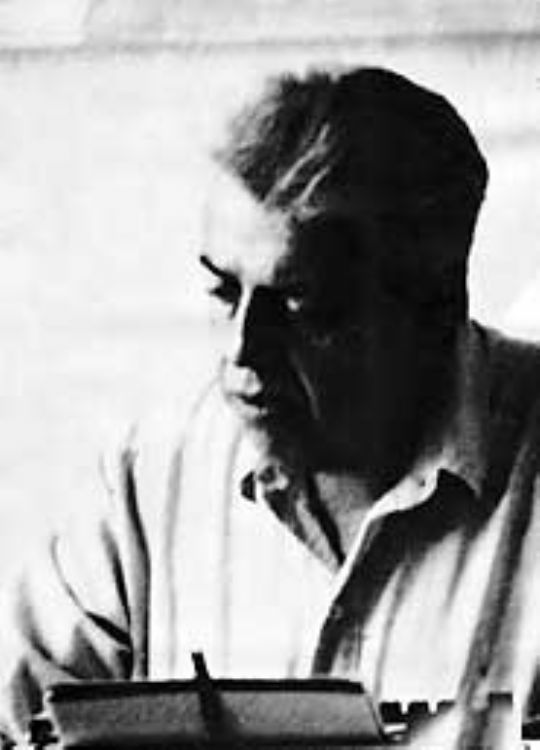
Jorge Ibargüengoitia; he was born in Guanajuato in 1928 and died in Spain during 1983. He was educated in dramatic arts at Universidad Nacional Autónoma de Mexico, where he also studied a master degree in Literature, Theater in New York and had a scholarship from the Rockefeller Foundation. He was a teacher at the University of Guanajuato, at the Summer Institute of Bradley University and in other North American cities. Mexico witnessed his literary quality ever since he started collaborating with Excelsior, Siempre! Magazine, Universidad de Mexico and Vuelta. Theater was one of his favorite spaces. Thus, the dramatist, essayist and narrator had a profound influence on Mexican literature, but even more so on readers.
Jorge Ibargüengoitia explored the contradictory Mexico of a generation that pushed by asking questions, with often unpleasant answers; he searched for human nature in being confronted socially and often intimately. Los Relámpagos de Agosto, Maten al León, Estas Ruinas que Ves, Las Muertas y Dos Crímenes, and Los Pasos de López, have been some of his works adapted for film and theater. He dedicated tot he theater the titles: Un Adulterio Exquisito, El Viaje Superficial and El Pájaro en Mano.
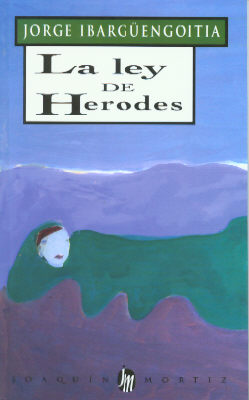
He collaborated in different publications with the outstanding articles Viajes en la América Ignota, Autopsias Rápidas and Instrucciones para Vivir en México, all available in compilations. Ibargüengoitiaâs stories have been preferred by screenwriters and film makers as in La Ley de Herodes.
Homero Aridjis; One of the poets and holders of Mexican narrative, whose attitude towards life and the planet make him exceptional, he was born in Contepec, Michoacán, in 1940. He studied journalism in Escuela Carlos Septién García, where many other outstanding writers and journalists were educated. However, he widened his field of action towards many other activities, as Diplomacy, cultural attaché for Mexico in Holland and ambassador in Switzerland, he was also director of the Instituto Michoacano de Cultura, among others.

Foto: News.bbc.co.uk
Aridjis is one of those tireless writers, with a permanent presence in literary spaces, he has collaborated in Cuadernos de Viento, Cuadernos de Bellas Artes, Pájaro Cascabel, Siempre!, La Cultura en México, to name a few.
He has received support from the Centro Mexicano de Escritores, the Guggenheim Foundation and the National System of Creators, and has earned the recognition Doctor Honoris Causa from the University of Indiana. However, and most importantly, his work has been translated into many languages. Among those best representing his talent are Mirándola Dormir, Memorias del Nuevo Mundo, and Los Hombres que Cayeron del Cielo. He wrote poetry in Poesía en Movimiento with other great writers as Emilio Pacheco and Octavio Paz. His novels Noche de Independencia and La Leyenda de los Soles, are only a few of his creations. He has also participated in theater.
About Homero Aridjis it can also be said that he has a great interest in moving the conscience of civil society and governments towards respect for natural resources and the development of sustainable activities.

Rosario Castellanos; From the XX century, she is one of the most renowned writers of Latin America. She was born in Mexico City in 1925 and died in Israel in 1974. Up until adolescence she remained in Comitán, Chiapas, but had the early ambition to study literature, thus continuing her studies at the Universidad Nacional Autónoma de México, where she received her professional education and graduated Master in Philosophy, and without rest, obtained a scholarship for studying at the University of Madrid. She had diverse public posts at the General Office of Information and Press of UNAM in 1960, university where she was also a teacher from 1962 to 1971, and ambassador for Mexico in Israel during a crucial moment in the history of both countries. Her most important works are Ciudad Real, 1960; Los Convidados de Agosto, 1961; Álbum de Familia, 1971, and the essays Juicios Sumarios, 1966; Cuadernos de la Juventud, 1966; Mujer que Sabe Latín, 1973 and an epistolary work: Cartas a Ricardo, edited after her death by CONACULTA in 1994.
Artículo Producido por el Equipo Editorial Explorando México.
Copyright Explorando México, Todos los Derechos Reservados.
Foto Portada: Agseso.com

